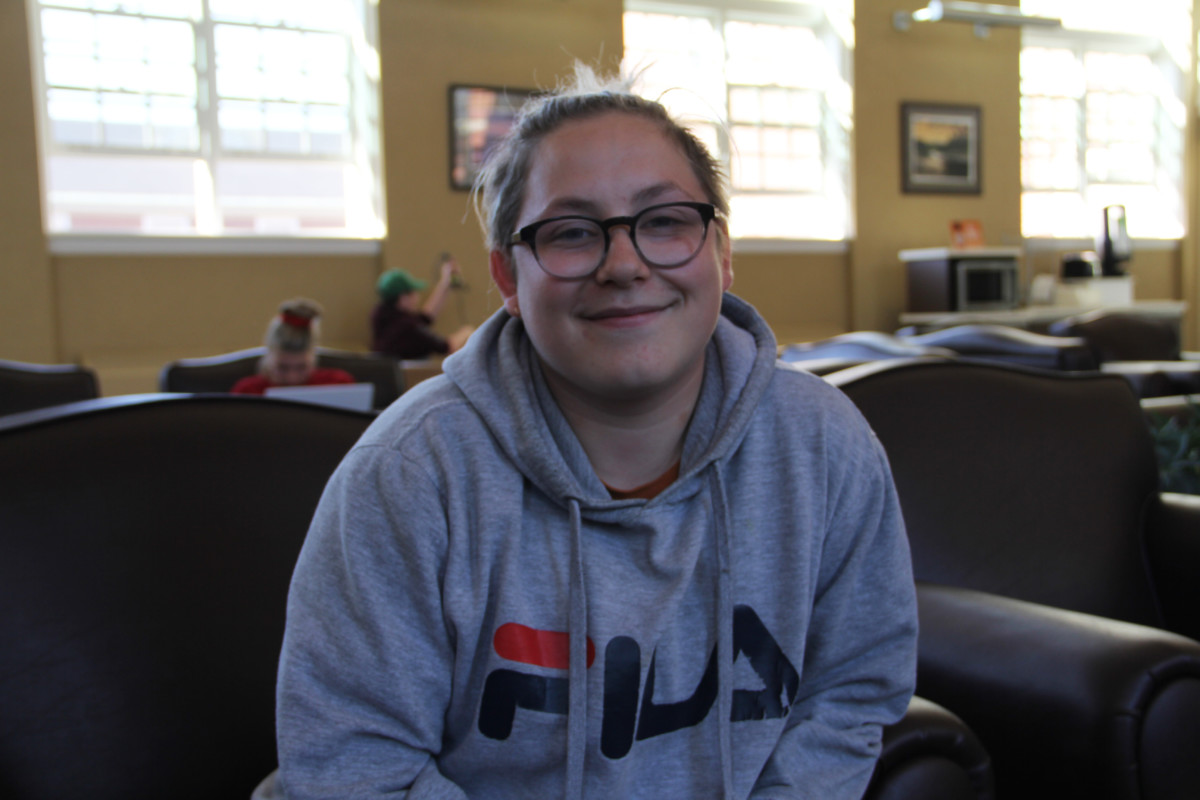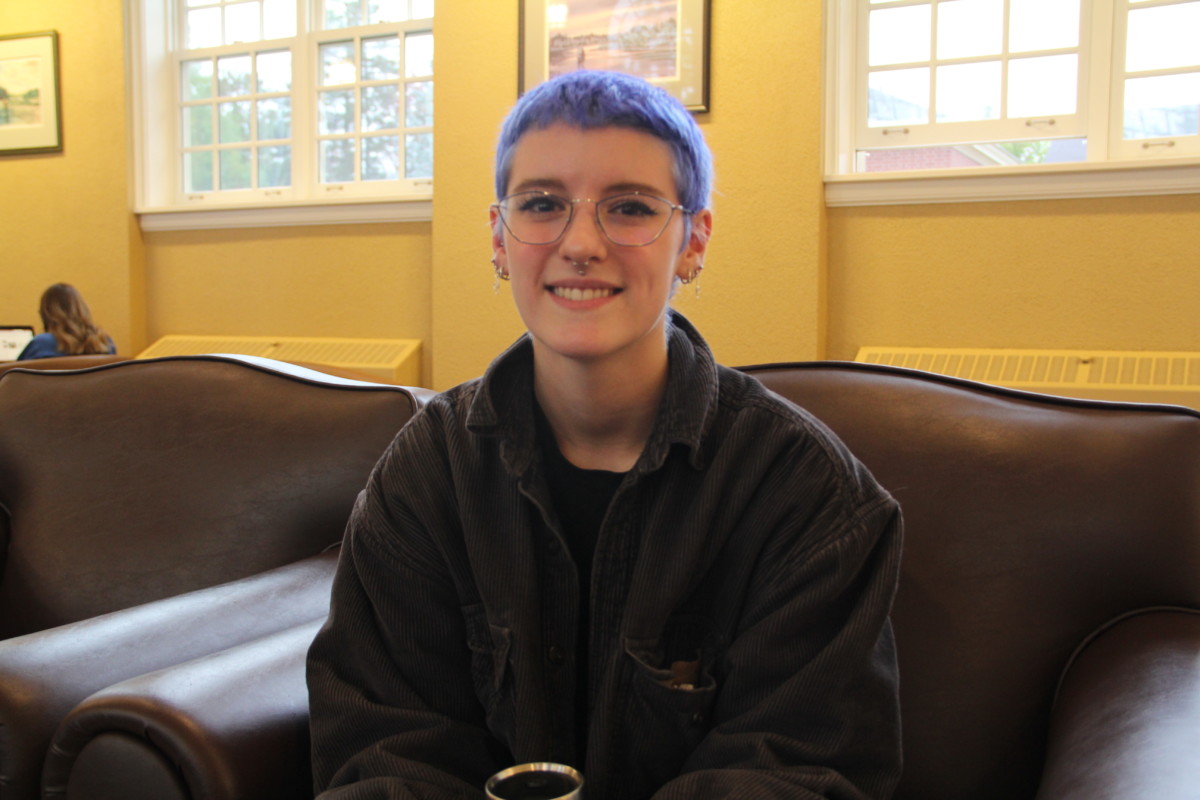For some non-binary students, coming out is an ongoing experience. AJ Alward, a fourth-year English major at St. Thomas University, said being misgendered makes them feel invisible.
“I exist. I’m here. I’m just trying to live my life like everybody else and I would appreciate it if people try and make it a little bit easier for me to go through my day-to-day life,” Alward said.
On Sept. 13, singer-songwriter Sam Smith announced they’re non-binary in a post on Twitter and Instagram. The singer said they were happy to embrace who they are after a “lifetime of being at war with my gender.” While Smith said they’re surrounded by those who support their decision to come out, not all have the same experience.
Alward said they came out as non-binary when they were 16 but some family members still struggle to use their proper pronouns. Alward’s father still makes Facebook posts that say, “These are for my daughters.”
Along with their father, Alward said some professors at STU still use incorrect pronouns when referring to them. It makes them uncomfortable because they’ve informed the professors they are non-binary.
Alward said if the scenario was flipped and they used the wrong pronouns of a cisgender person, someone who identifies with the sex they were born with, would be upset also. But when a non-binary person is misgendered, the general public shrugs it off because they believe there are only two pronouns, “he/him” and “she/her.”
“That invalidates my existence. That invalidates the existence of other non-binary people,” they said.
“What it says is that ‘My comfort is more important than your comfort.’ And that’s extremely disrespectful.”
Veronique Roy, a first-year STU student, said they’ve had a different experience with professors. One of the first emails they received from a professor asked what their preferred pronouns were.
Roy waited to come out until they began their first year at STU because they said it would’ve been better than coming out in high school. Most of their friends were accepting of Roy’s identity.
Still, Roy hasn’t come out to their father.
“He’ll accept it, it’ll just take him a while to learn to use the language. He’s very open-minded but set in his ways as an old, white man.” Roy said.
“It’ll take a minute, but I don’t want it to take a minute.”
Jo Dempsey, a third-year sociology and gender studies major, said they’re misgendered at least five times a day. They said it’s the casual conversations that hurt the most.

Dempsey said most people don’t misgender with bad intent, but they don’t think about how their conversations are gendered. When they’re at a restaurant with their girlfriend, Dempsey said the server misgenders them by saying, “Hey ladies, how are you doing tonight?”
At the Chess Piece Pâtisserie where Dempsey works, they said customers say “Thank you ma’am” or they’ll tell their kids to “Give this nice lady your money.”
“When they see a hint of boobs, they’re like, ‘That’s definitely a girl, right?’” Dempsey said.
Dempsey said they appreciate it when people ask them their pronouns or if they state their pronouns when they introduce themselves. Dempsey said they didn’t know when asking for people’s pronouns would become regular in society, they hope it’ll happen soon because it’s harmful to assume someone’s pronouns.
Still, Dempsey said existing every day and being an inspiration for others helps make up for the difficulties.
“I hope that … people that aren’t comfortable with who they are yet or are questioning [their gender] can see me and can be inspired.”

